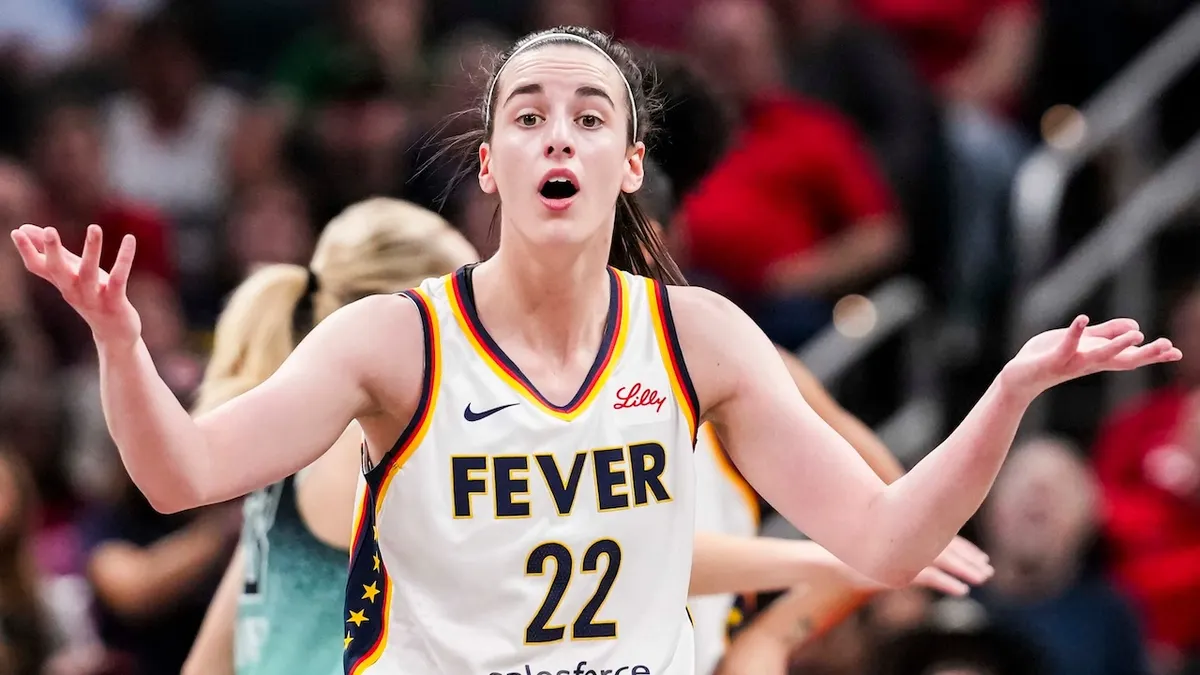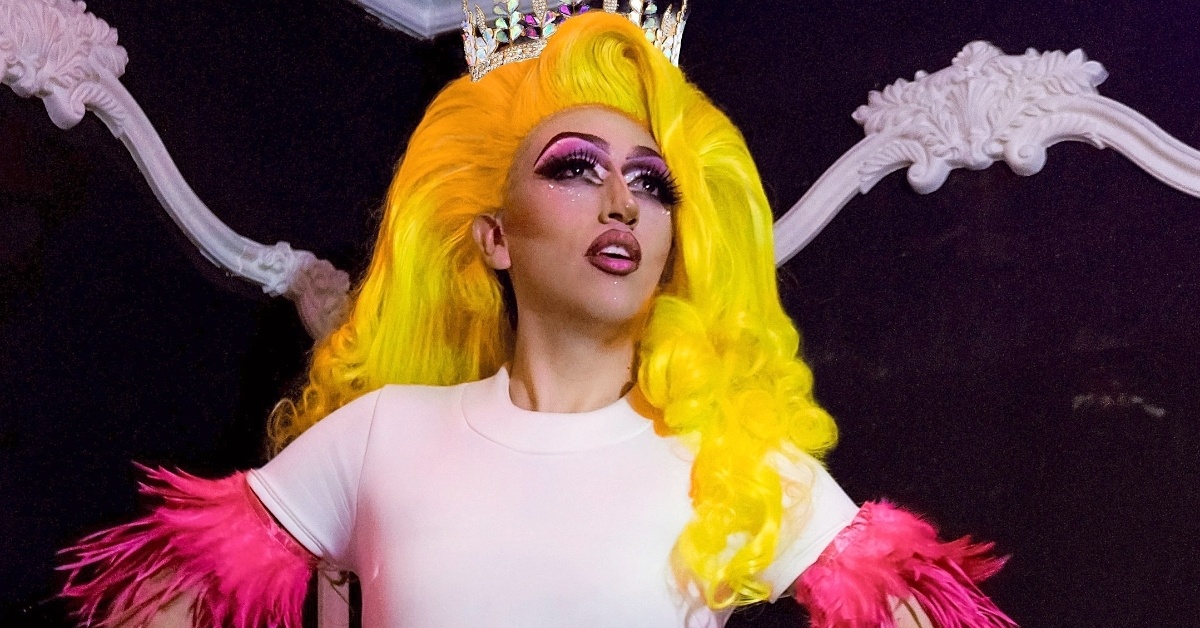Target Under Fire For Lack Of Transparency In Profits From Black Quilters Collection
Despite the backlash, some quilters believe that the wider accessibility to their pieces can aid the next generation build livelihoods out of the craft.

Target faces heat after refusing to disclose what it earned from its successful quilt collection for Black History Month. Black quilters inspired the designs for the retailer’s nearly sold-out collection.
The Black artists part of Gee’s Bend quilts descend from enslaved people. They pave their history into the artwork found on the quilts, incorporating geometric patterns and kaleidoscope designs into the pieces.
The quilters received a flat rate for the products sold in Target’s retail stores. An assortment of water bottle covers, sweaters, and blankets sold out across many locations.
“We’re actually in a quilt revival right now, like in real time,” says Sharbreon Plummer, an artist and scholar, to the Associated Press. “They’re so popularized, and Target knew that. It created the biggest buzz when it came out.”
However, no additional money was distributed to the them following the massive success of the collection’s launch. While Target confirmed many of the items sold out nationwide, the retailer would not disclose the exact amount made from the designs curated by the descendants of slavery.
This compensation agreement vastly differs from the Freedom Quilting Bee. In the 1960s, the artist-run collective paid all quilters equally, creating salaries for the Gee’s Bends employees as well as receiving social security benefits. Critics of Target’s contract with the workers state that are “manipulating” even the creative output.
”Every stage of the finances has been problematic,” says Patricia Turner, a retired African American Studies professor at UCLA. “I’m really bothered by Target’s in-house designer manipulating the look of things to make it more palatable for their audience.”
This is not the first time a group allegedly took advantage of the quilters’ artistry. Back in the 1990s, a white art collector Bill Arnett commodified their work, leading many quilters to sue the Arnett Family. Target also allegedly detracted from the quilters’ ethos by mass-producing the quilts in Chinese factories instead of repurposing fabric.
Despite the backlash, some quilters believe that the wider accessibility to their pieces can aid the next generation build livelihoods out of the craft. Target maintains it handled pay-outs correctly in the collaborative effort between the two parties.
“We worked with five quilters from The Quilters of Gee’s Bend on a variety of limited-time-only items,” he wrote in an emailed statement. “As is standard with limited-time collections at Target, each quilter was paid a discussed and agreed upon fee for their services. As outlined in our contracts, Target had the right to make final design decisions, however, with the goal of honoring their storied heritage, the process was highly collaborative.”
While the Target partnership has its drawbacks, the quilters continue to find a way to grow their audiences while remaining true to their history.
RELATED CONTENT: San Francisco Woman Found Guilty After Stealing More Than $60,000 Of Merchandise From Target








![Fans Rip Miley Cyrus & Naomi Campbell For ‘Rude’ Behavior At Meet & Greet [Video]](https://www.lovebscott.com/wp-content/uploads/2025/06/326a033fbe1c441eb92773e03a65cc36_md.jpg.webp)



